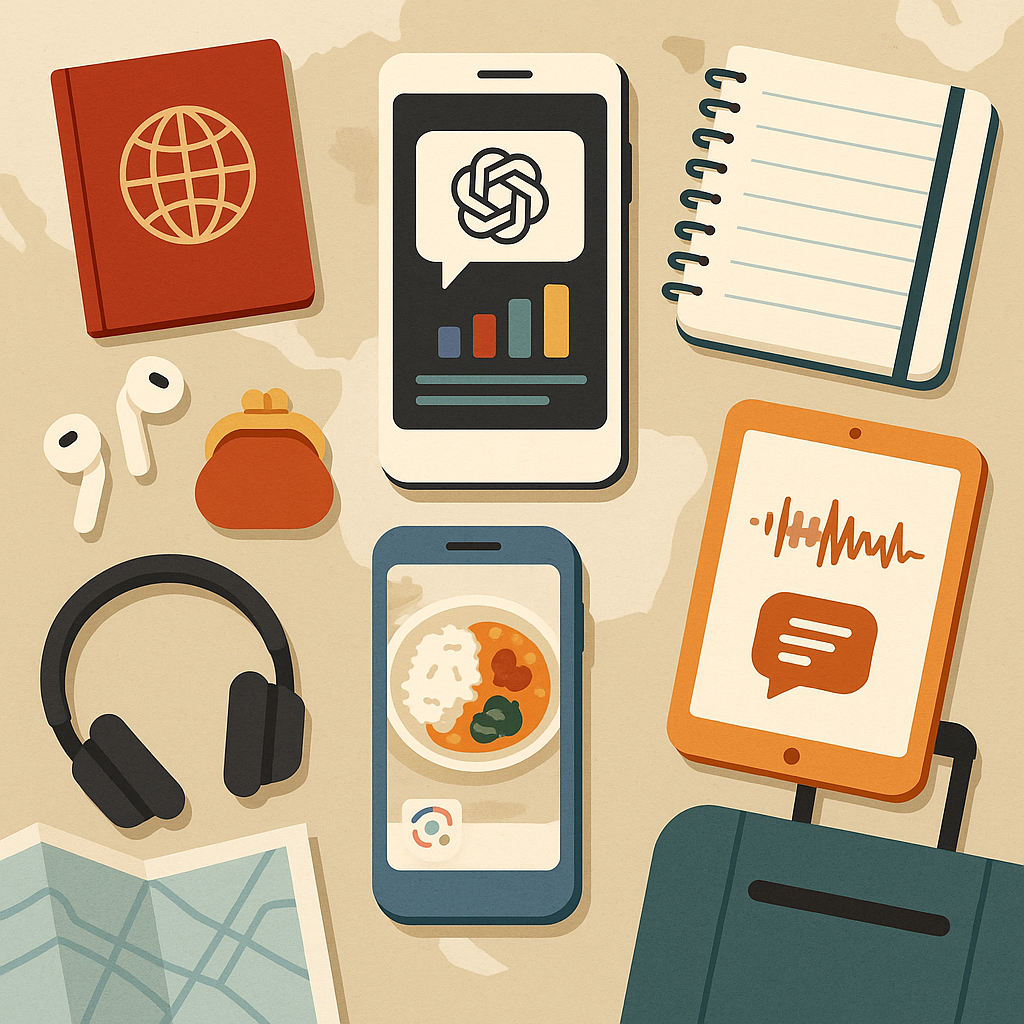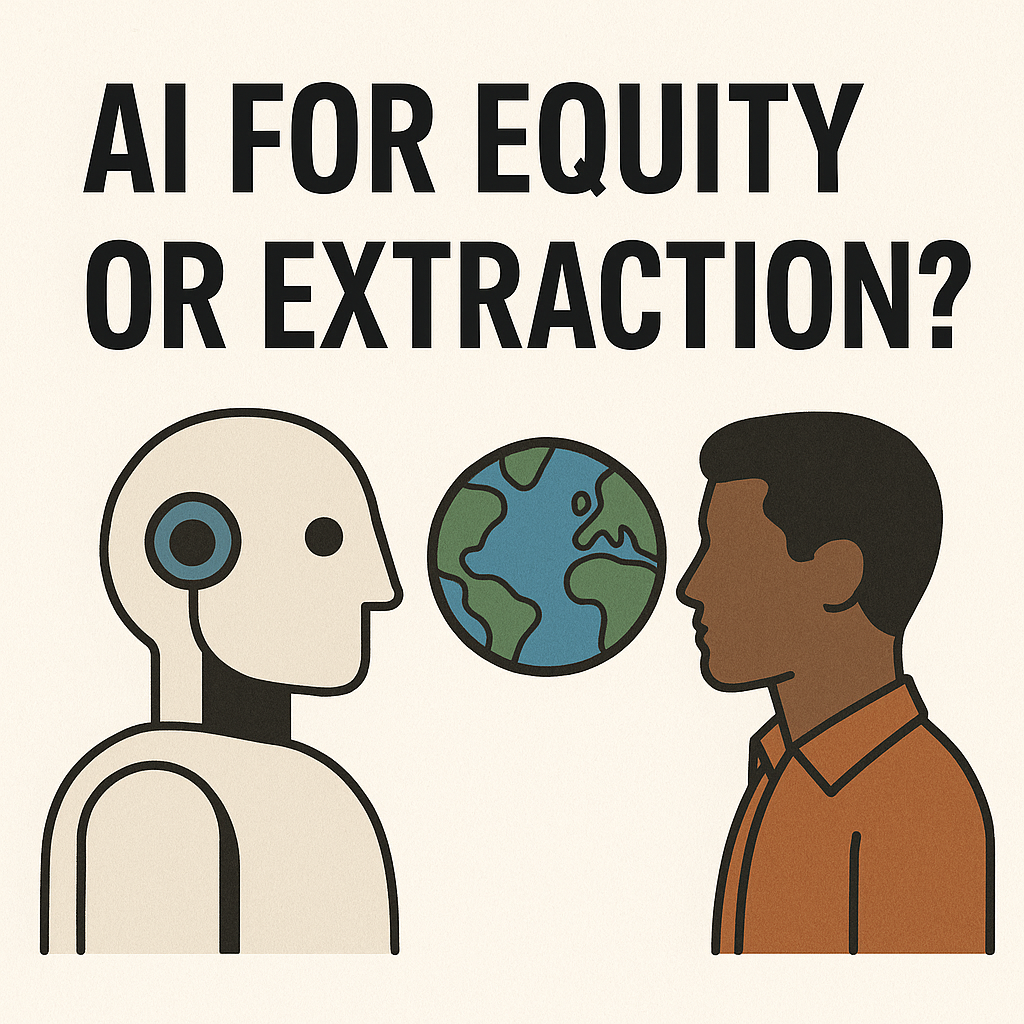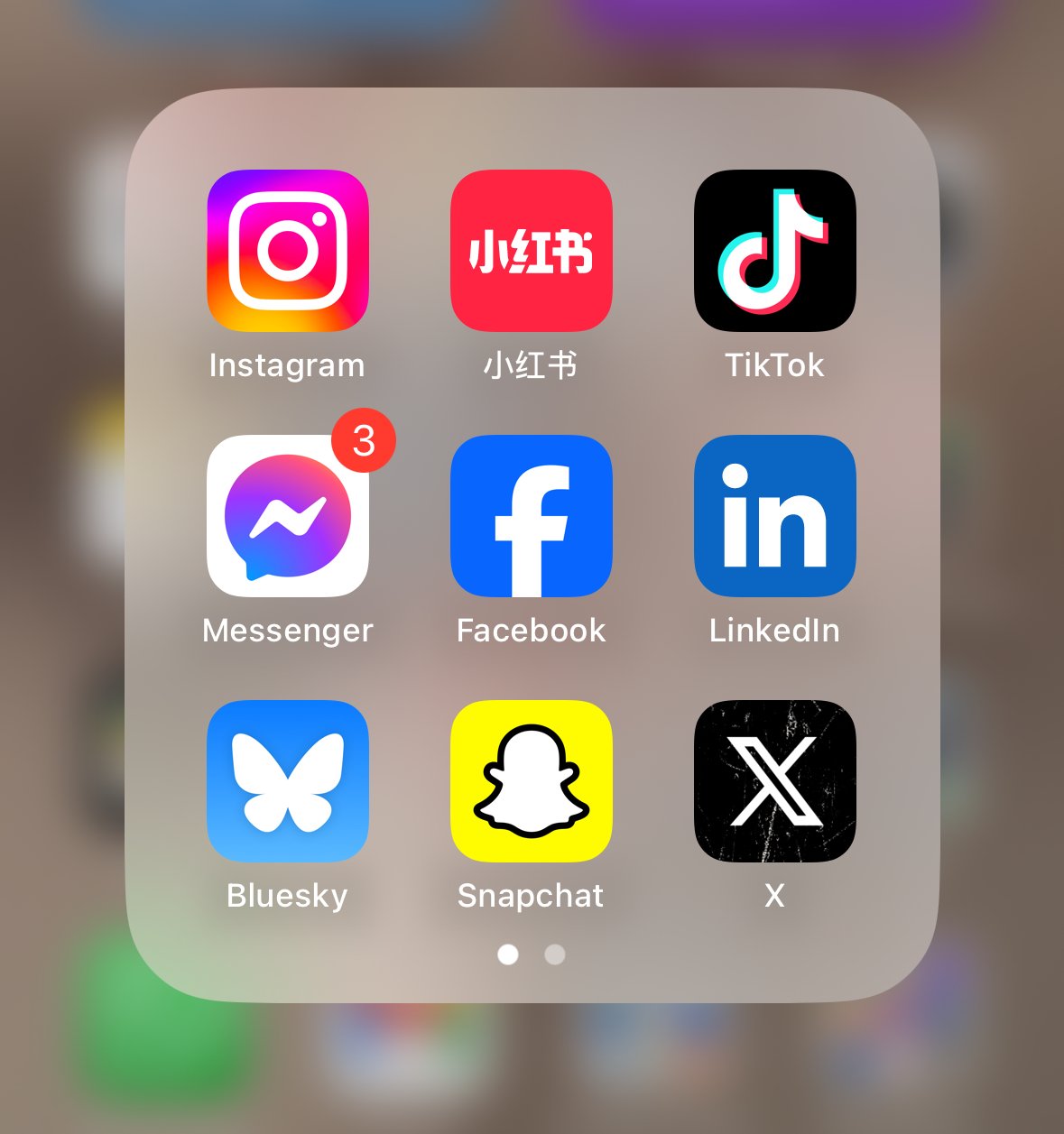
Ins and Outs for 2026
An Ins and Outs list for 2026 on international education, ethics, student support, and what actually deserves our energy.

The Death of English: How AI Can Dismantle Education’s Gatekeeping Tongue
For decades, English proficiency tests have served as the primary gatekeeper to international education, generating billions for testing companies while shutting out brilliant students worldwide. But AI translation technology is poised to shatter this monopoly. With real-time translation achieving near-human accuracy and schools beginning to pilot multilingual instruction, the question isn't whether English requirements will become obsolete, but how quickly universities will adapt. The colonial-era language hierarchy that privileges English above all else faces its greatest challenge yet: technology that makes any language equally accessible. Universities clinging to English-only requirements risk being left behind as students migrate to institutions that value multilingual competence and embrace AI-mediated learning.

A Critique of “Soft Skills”: Why Higher Education Must Claim Human Skills in the Age of AI
The rise of AI makes it clear: the most valuable skills are not technical, but human. Often mislabeled as “soft,” skills like empathy, adaptability, and collaboration are foundational, critical, and human skills required for learning and employability. Higher education must use a common language, reclaim their value, embed them across the curriculum, and ensure students graduate ready to lead in a world AI cannot fully replicate.

Full Circle
Ten days in Japan became a study in cycles. SIIEJ in Kyoto, long walks in Tokyo, and breakfast with a Croft friend reminded me that global education is not only policy and programs, it is the patient work of becoming.

My Digital Carry-On
From ChatGPT and Google Lens to Evernote and iTranslate, here’s what lives in my digital carry-on. These AI tools help me plan, translate, take notes, and work on the move so the logistics quiet down and I can be present with students and place.

AI for Equity or Extraction?
AI is arriving in international recruitment with promises to optimize and personalize. I ask a harder question: at what cost and to whom? I unpack bias, black-box vendor scoring, and offer three fixes that center equity: transparent data, enforceable procurement terms, and student agency.

Smarter, Not Harder
Tired of AI hype, I map where it actually helps international education: recruitment, admissions and visa docs, student support, and risk readiness. Practical tools, ethics and equity guardrails, and a start small plan that lets teams work smarter without losing the human work that matters.

Digital Refugees: How TikTok's Ban Created an Unexpected Bridge Between Nations
With TikTok briefly dark in the US, many sampled Xiaohongshu and stumbled into something rare: respectful conversations between Americans and Chinese. I read this moment for what it reveals about digital rights, platform governance, empathy, and the ordinary bridges people build when politics stall.

